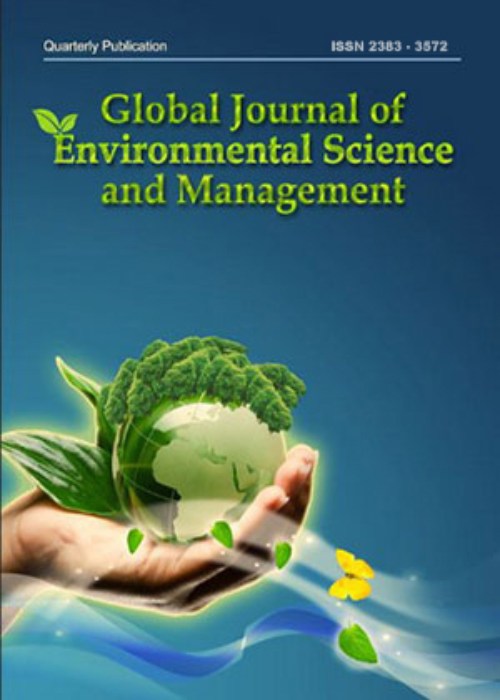The dramatic impact of Coronavirus outbreak on air quality: Has it saved as much as it has killed so far?
The outbreak of coronavirus disease (COVID-19) was first reported from Wuhan, China, on December 31st, 2019. As the number of coronavirus infections has exceeded 100,000 with toll deaths of about 5000 worldwide as of early March, 2020, scientists and researchers are racing to investigate the nature of this virus and evaluate the short and long term effects of this disease. Despite its negative impacts that obliged the World Health Organization to declare COVID-19 epidemic as a Public Health Emergency of International Concern, the rate of mortality of this infection has not exceeded 3.4% globally. On the other hand, the mortality rate caused by ambient air pollution has contributed to 7.6% of all deaths in 2016 worldwide. The outbreak of COVID-19 has forced China to lockdown its industrial activities and hence dropped its NO2 and carbon emissions by 30 and 25%, respectively. This work reports on the first case study that compares the air quality status before and after the crisis. It sheds light on the facts related to the demographics of deaths by gender, age and health status before infection. The historical data on air quality, estimates of annual deaths and its economic burden have been presented and analyzed. The actual daily deaths due to COVID-19 have been obtained from the official records of the daily Situation Reports published by World Health Organization as of March 11th. The rate of mortality due to COVID-19 was impacted by two factors: age and health status. Results show that 75% of deaths were related to cases that had underlying present diseases with the majority aged of 80+ years. The reported figures were compared with the average daily mortality due to poor air quality which reached up to 3287 deaths due to high levels of NO2, O3 and PM. The air quality status before the crisis was compared with the current situation showing that COVID-19 forced-industrial and anthropogenic activities lockdown may have saved more lives by preventing ambient air pollution than by preventing infection.
- حق عضویت دریافتی صرف حمایت از نشریات عضو و نگهداری، تکمیل و توسعه مگیران میشود.
- پرداخت حق اشتراک و دانلود مقالات اجازه بازنشر آن در سایر رسانههای چاپی و دیجیتال را به کاربر نمیدهد.


